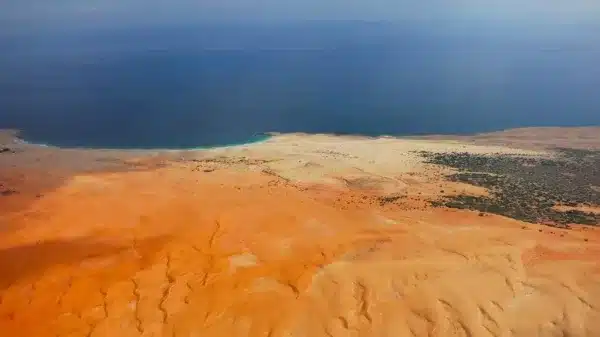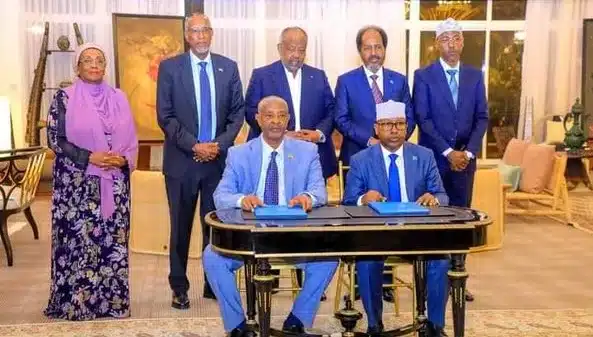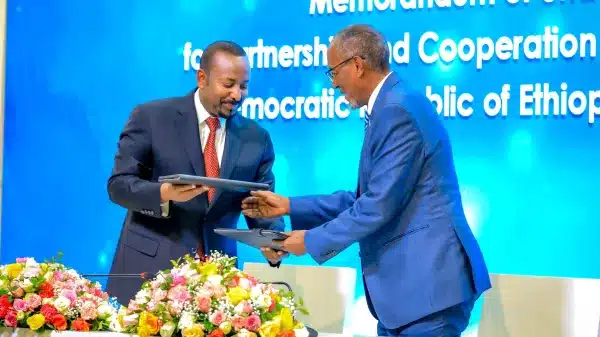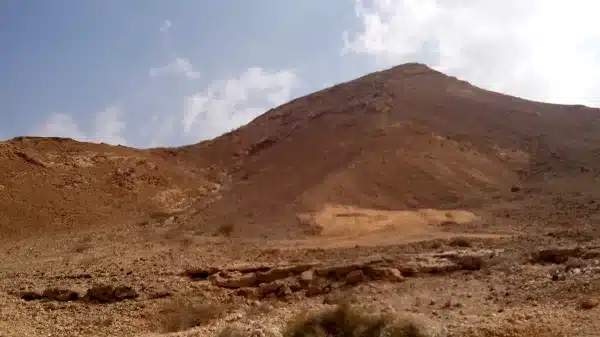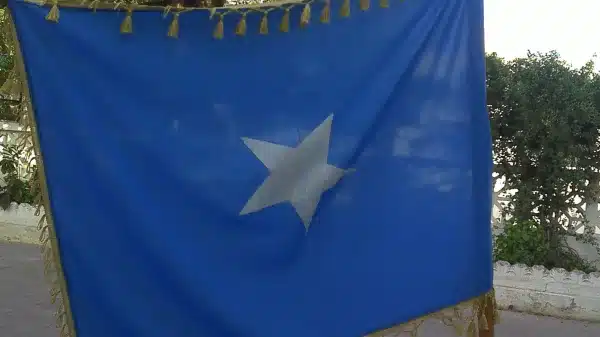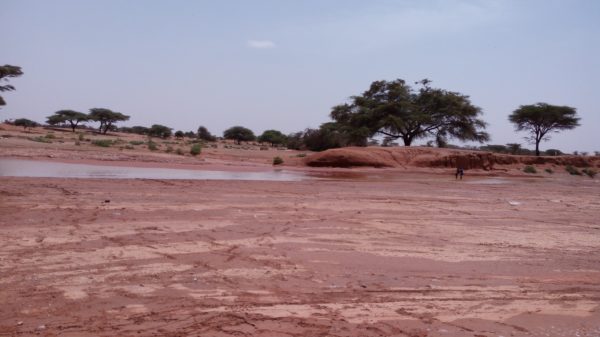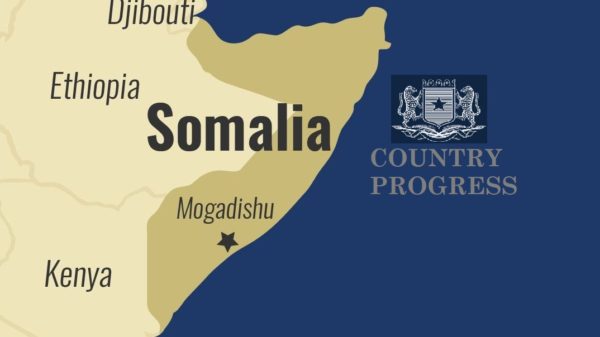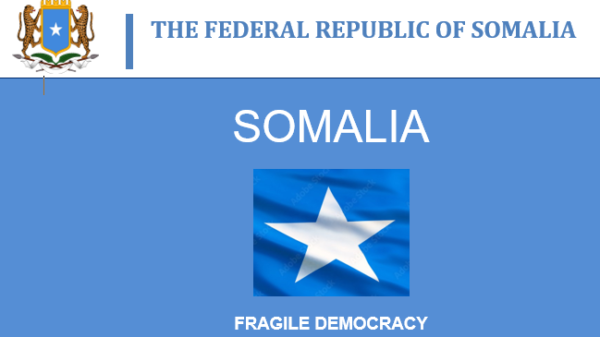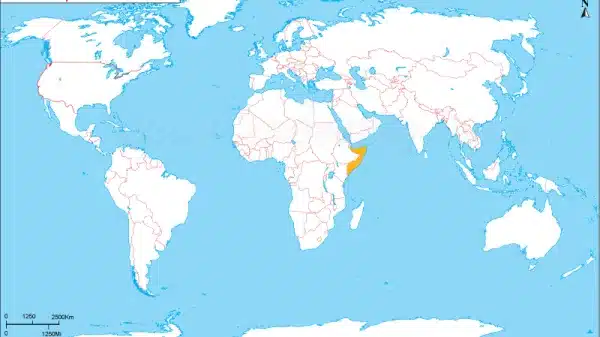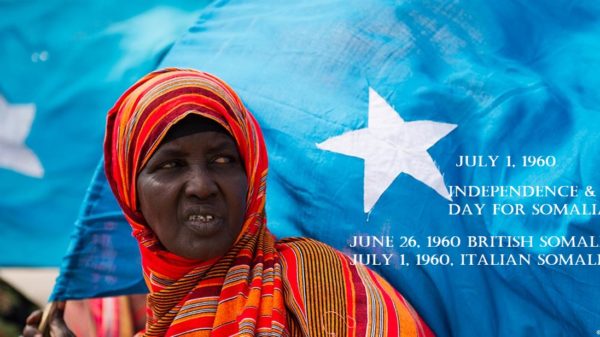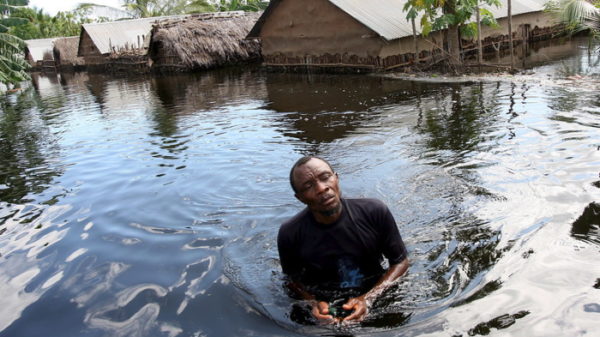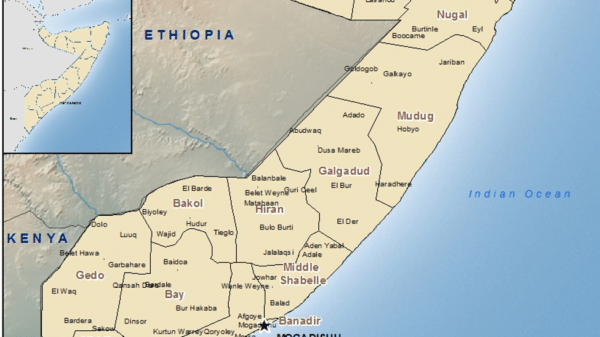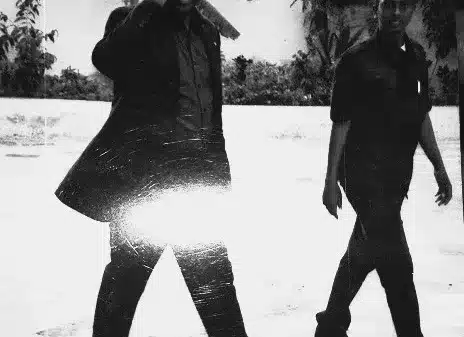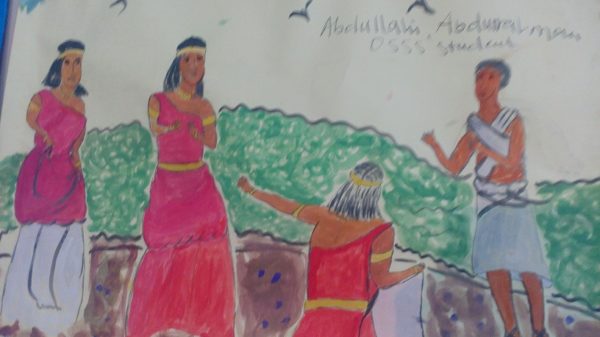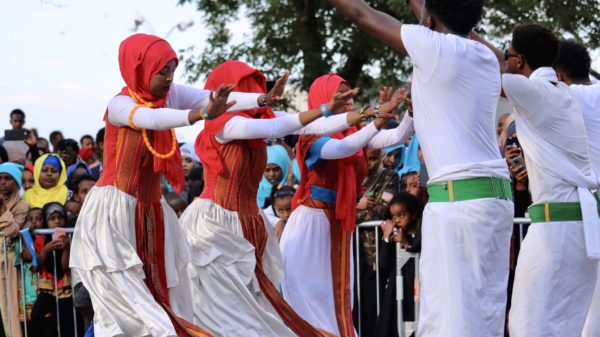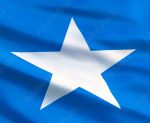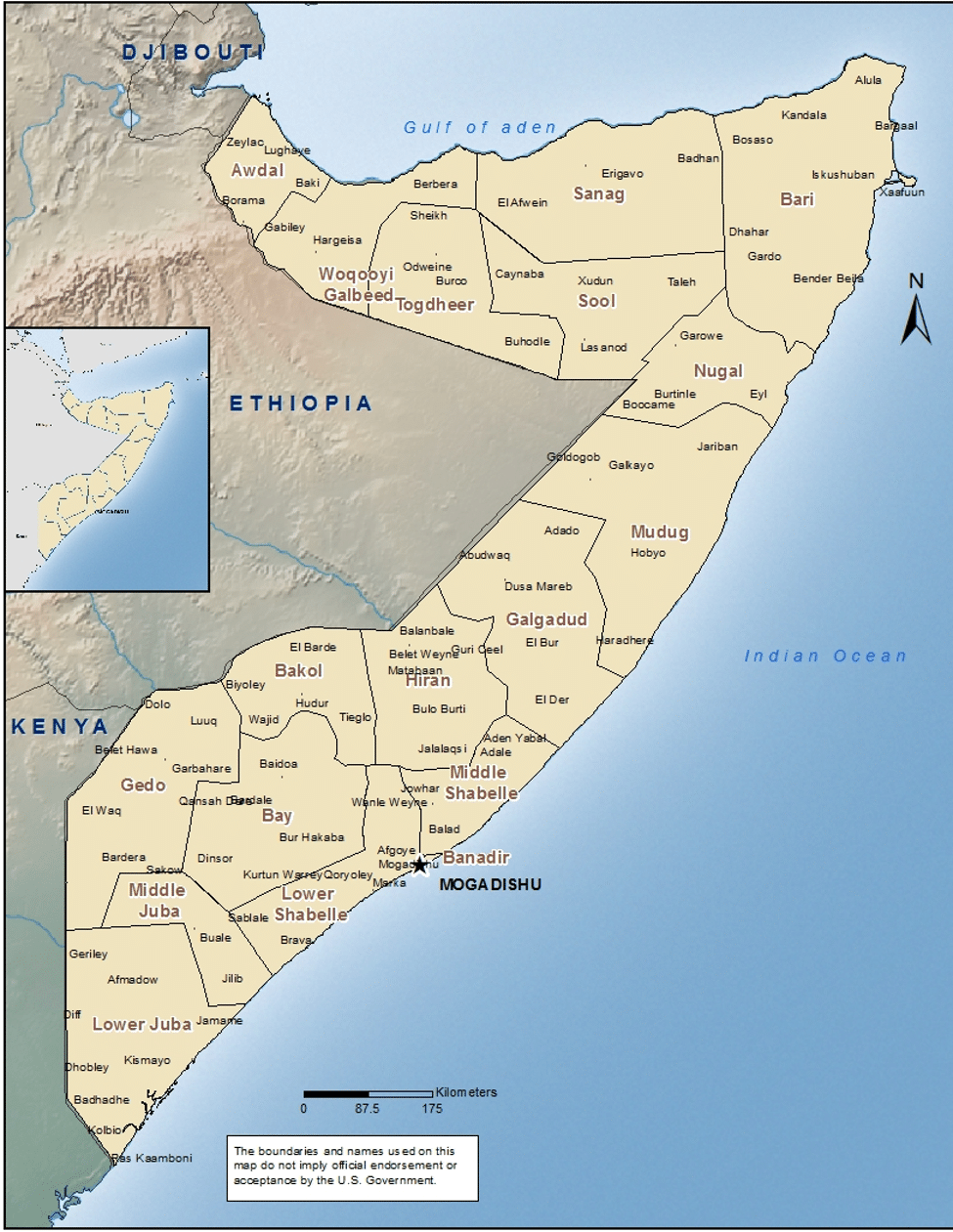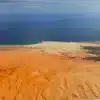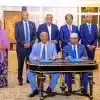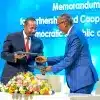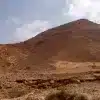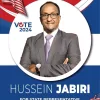Somalia operates on East Africa Time (EAT), which is three hours ahead of Coordinated Universal Time (UTC+3). This means that Somalia is typically three hours ahead of Greenwich Mean Time (GMT) during standard time. However, it is important to note that Somalia does not observe daylight saving time, so there is no time changes throughout the year.
1. Somalia Time
Somalia operates on East Africa Time (EAT), which is three hours ahead of Coordinated Universal Time (UTC+3). This means that Somalia is typically three hours ahead of Greenwich Mean Time (GMT) during standard time. However, it is important to note that Somalia does not observe daylight saving time, so there is no time changes throughout the year.
2. Somalia News
Getting access to reliable and timely news about Somalia can be challenging due to the country’s political instability. However, several news outlets and online platforms cover Somalia extensively, providing news in both Somali and English languages. Some prominent sources for Somalia news include Hiiraan Onlne, Wardheer News, Radio Mogadishu, SONNA News, GoobJoog English, Garowe Online, Shabelle Media Network, Horseed Media, and Ogaal Star for the Somali history and culture.
3. Somalia Map
Somalia is situated on the eastern coast of Africa, with a coastline stretching over 3,300 kilometers along the Gulf of Aden and the Indian Ocean. It shares its borders with Kenya to the southwest, Ethiopia to the west, and Djibouti to the northwest. Somalia consists of various regions, including Puntland, Somaliland, Galmudug, South West State, Jubaland, and Hirshabelle.
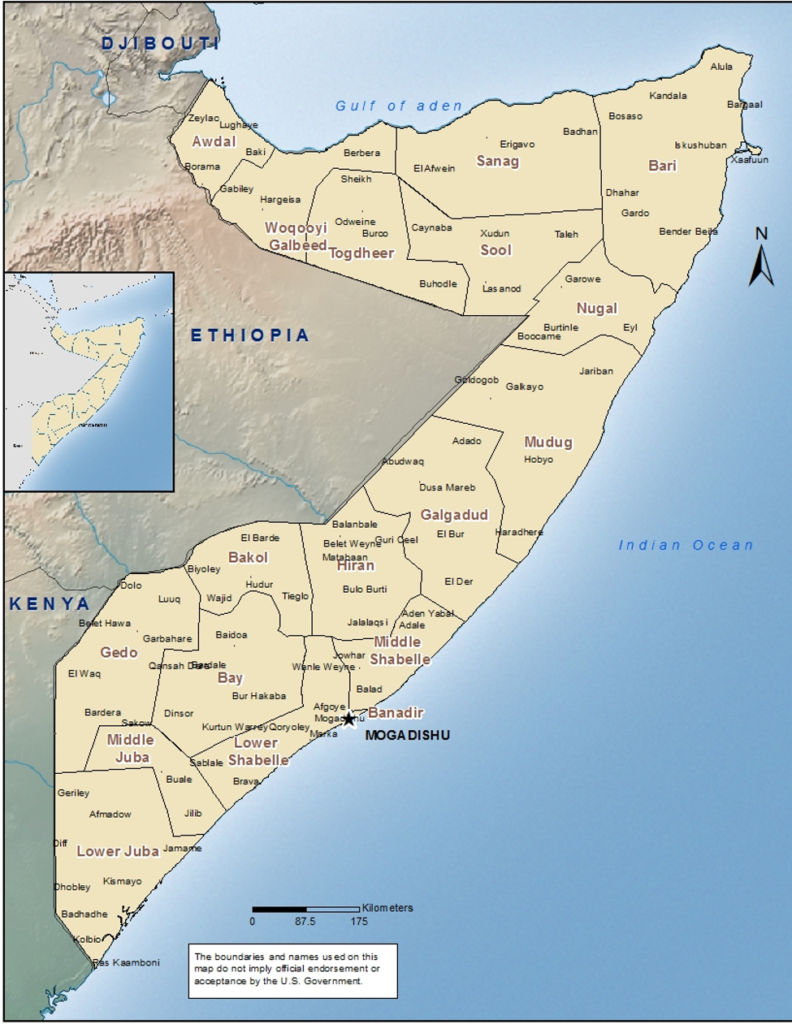
4. Somalia Runner
Somalia is known for producing many talented athletes, including runners. However, due to the country’s political conflict and lack of infrastructure, it has been difficult for Somali athletes to participate in international competitions. Despite these challenges, Somalia has seen some success in athletics, and athletes such as Abdi Bile Abdi and Mohamed Farah have represented Somalia in international competitions and achieved great acclaim.
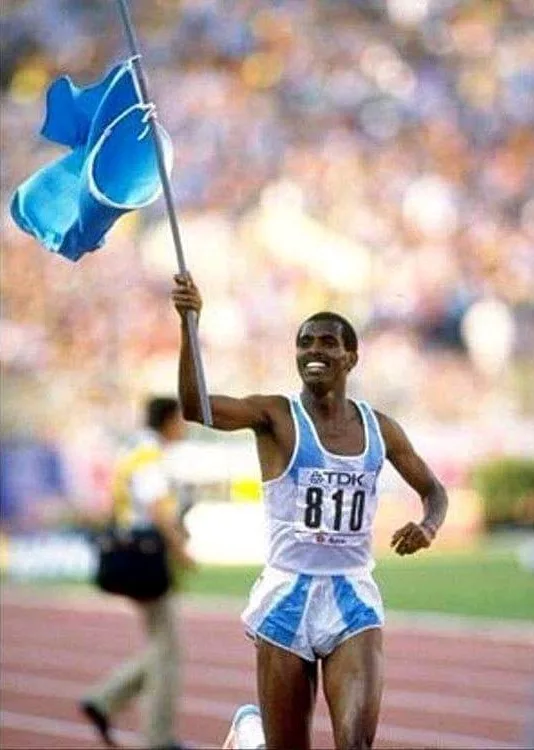
Abdi Bile Abdi – Men’s 1500m – 1987 World Championships
5. Somalia Flag
The flag of Somalia consists of a light blue field with a white five-pointed star in the center. The blue color represents the sky and the Indian Ocean, while the white star represents unity and equality among the Somali people. The flag was officially adopted on October 12, 1954, and has remained unchanged since then, symbolizing the aspirations and values of the Somali nation.
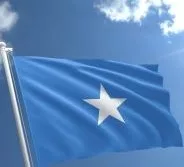
Abdi Bile Abdi – Men’s 1500m – 1987 World Championships
6. Somalia Civil War
Somalia experienced a devastating civil war that began in 1991 and lasted for more than two decades. The conflict erupted following the overthrow of President Siad Barre’s government and led to widespread violence, destruction, and displacement of millions of Somalis. The civil war involved various factions, warlords, and foreign interventions, exacerbating the humanitarian crisis in the country. The war significantly impacted Somalia’s economy, infrastructure, and social fabric.
7. Somalia Language
The official language of Somalia is Somali. It belongs to the Cushitic branch of the Afroasiatic language family and is spoken by the majority of the population. The Somali language, known as Af-Soomaali with only two dialects namely Maay and Maxaa, holds immense importance in Somali culture. It is an Afro-Asiatic language and is the mother tongue of the Somali people. Somali is also recognized as a regional language in neighboring countries such as Djibouti, Ethiopia, and Kenya, where significant Somali-speaking communities reside. English and Arabic are also widely spoken and used in commerce, education, and government institutions.
8. Somalia Capital
Mogadishu serves as the capital and the largest city of Somalia. Located on the coast of the Indian Ocean, Mogadishu has historically been an important trading center in the region. However, the city has been heavily affected by the civil war, resulting in damage to its infrastructure and economy. Despite the challenges, Mogadishu continues to be the political, cultural, and economic hub of the country.
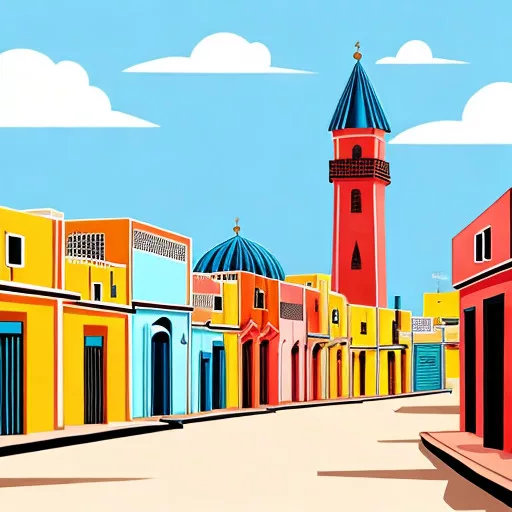
Graphic Image of Old Town Mogadishu, Somalia
9. Somalia People
The Somali people are the largest ethnic group in Somalia, comprising various clans and sub-clans. They are predominantly of African Cushitic family origin “Not Arabs”, and have a unique cultural heritage that includes nomadic pastoralism, poetry, dance, and storytelling. Somalis have historically been involved in trade, fishing, and livestock rearing. Additionally, there are other ethnic minorities such as the Bantu, Benadiri, and Arab communities, each contributing to the diverse tapestry of Somali society. These various ethnic groups coexist harmoniously, adding to the cultural vibrancy of the nation. The diaspora community of Somalis is also significant, with large populations residing in countries such as the United States, the United Kingdom, Kenya, and the Arabian Peninsula.
10. Somalia President
As of the writing of this article, the current President of Somalia is Hassan Sheikh Mohamud. He was elected as the 10th President of Somalia in a dual-round voting process held by the Federal Parliament of Somalia on May 15, 2022, for a 4-year term ending on May 15, 2026. President Mohamud has been engaged in various efforts to stabilize the country, fight against Al-Shabaab Terrorist group, and promote dialogue among different political stakeholders.
11. Somalia Population
Estimating the exact population of Somalia is challenging due to limited census data and ongoing conflict. However, according to the World Bank, the estimated population of Somalia in 2021 is around 16-17 million people. The Somali population is mainly concentrated in urban areas, with the majority residing in Mogadishu and other major cities.
12. Somalia War
Somalia has been plagued by various wars and conflicts, including the civil war that began in 1991. Apart from the civil war, Somalia has also faced conflicts with militant groups such as Al-Shabaab, which has an Islamist extremist ideology and seeks to overthrow the Somali government. The ongoing conflicts have resulted in instability, displacement, and humanitarian crises, hindering the country’s development and progress.
13. Somalia Religion
The majority of the Somali population practices Islam, with Sunni Islam being the dominant sect. Islam plays a significant role in Somali society, shaping its culture, traditions, and legal framework. Mosques and Islamic institutions are central to communal life, and adherence to Islamic customs and values is widespread among Somalis.
14. Somalia Wine
Due to religious and cultural reasons, alcohol consumption, including wine, is prohibited in Somalia. However, Somalia has a cultural history associated with the production and consumption of alcoholic beverages, including wine. But, since the collapse of the Central government in 191, due to the rise of Islamic conservatism and the influence of the Al-Shabaab militant group, the production and sale of alcohol have been strictly prohibited and discouraged in many parts of Somalia. As a result, the consumption of alcoholic beverages, including wine, is generally limited and practiced discreetly in certain regions.
15. Somalia Government
Somalia operates under a federal parliamentary system of government. The political structure comprises a President, Prime Minister, and a bicameral Parliament consisting of the Upper House (Senate) and the Lower House (House of the People). The federal government is responsible for national-level decision-making and policy implementation, while regional states have some autonomy in governing their respective regions. However, the political landscape in Somalia has been influenced by clan-based politics and ongoing efforts to establish national reconciliation and stability.
Conclusion
In conclusion, Somalia is a country with a complex history, diverse culture, and significant challenges. The Somali people have endured political conflicts, war, and instability but continue to demonstrate resilience and a commitment to building a peaceful and prosperous nation. While much work remains to be done, Somalia also holds great potential, with its strategic location, natural resources, and talented population. By addressing the highly asked public inquiries about Somalia and the Somali people, we hope to provide accurate information and promote a better understanding of this extraordinary country.




